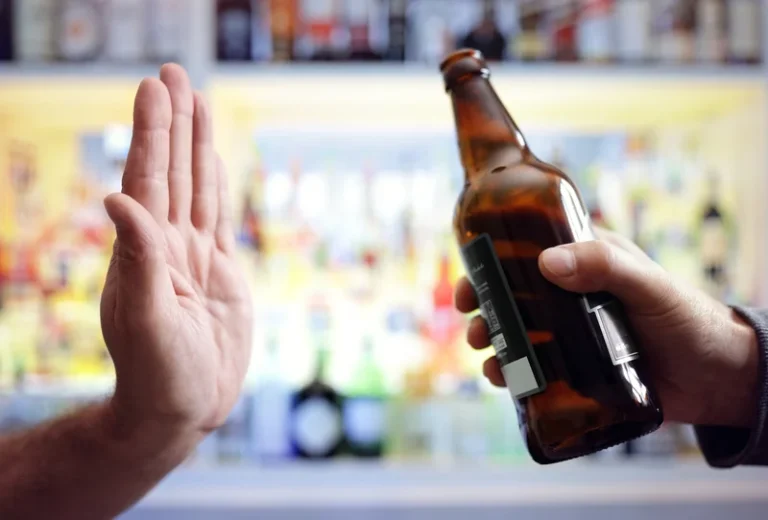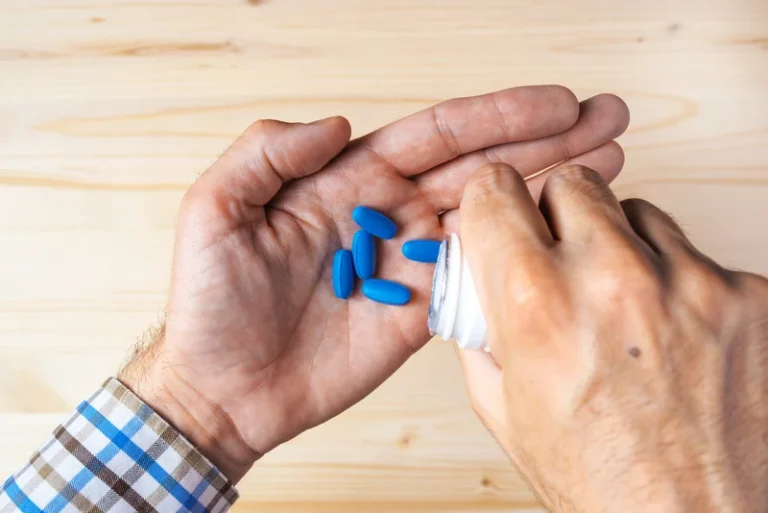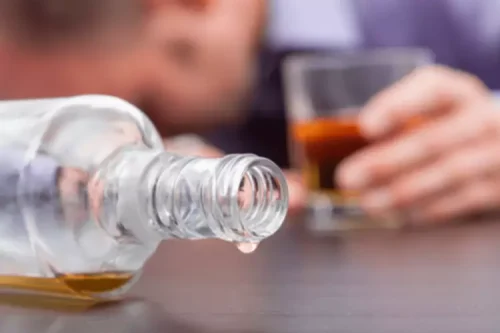
The risk of an accident increases significantly when you drink. While a BAC of .08 or over can get you into legal trouble, any amount of alcohol can interfere with your ability to drive safely. This means that if you go out drinking with a friend who weighs more than you do, your BAC will be higher and it’ll take you longer to sober up even if you both drink the same amount. Here’s a look at all the variables that affect how long drunkenness lasts. This means some people are more likely than others to become ill or feel the symptoms of intoxication quicker. Finnish researchers have found a gene mutation in the serotonin 2B receptor linked to reckless behavior under the influence of alcohol.
Recent Blog Articles

A BAC of 0.08 is the legal limit of intoxication in the United States. A person can be arrested if they are found driving with a BAC above this limit. These symptoms are a sign you need to seek medical help for them. Dehydration can cause vertigo, nausea, and lightheadedness.
How Alcohol Affects the Brain and Body
BAC is a measure of how much alcohol is in a person’s blood. Because alcohol changes the way the brain processes information, it also makes it difficult for people to make suitable decisions or assess their own behavior. For example, people who are very drunk might underestimate how intoxicated they are. Blood alcohol content (BAC) is the unit used to measure the amount of alcohol in a person’s bloodstream.
Plan Extra Travel Time to Northwestern Medicine Locations in Chicago During the Democratic National Convention
In some cases, excessive alcohol consumption can even lead to suicidal thoughts or tendencies. Feeling drunk without drinking is typical in a medical condition called auto-brewery syndrome. Besides, you may also experience this drunken feeling if you lack sleep, suffer from sleep drunkenness, or are dehydrated. Sometimes, inner ear infections and low blood sugar may also cause this feeling.

A feature of this stage is blacking out or losing memory while drinking. People in this stage will likely also have their balance and coordination impaired enough to result in staggering and an inability to stand. Our survey revealed that more than 1 in 4 Americans from Texas, Louisiana, Arkansas, and Oklahoma feel anxious while drinking. Experts say that feelings of anxiety stemming from alcohol consumption can last for several hours up to an entire day after drinking. Some people may use alcohol as a coping mechanism for anxiety, which can create a form of alcohol dependency that only worsens the sense of worry.

Crystal Raypole has previously worked as a writer and editor for GoodTherapy. Her fields of interest include Asian languages and literature, Japanese translation, cooking, natural sciences, sex positivity, and mental health. In particular, she’s committed to helping decrease stigma around mental health issues. Keep in mind that these hobbies might not feel quite as enjoyable during the early stages of recovery. If some time goes by and you still feel the same way, you can always give a different coping technique a try or explore a new hobby. Taking care of your health can help you weather all kinds of challenges more easily, including urges to drink.
Ethanol also increases levels of adenosine, an inhibitory neurotransmitter that promotes sleep. The Department of Health and Human Services classifies alcohol as a carcinogen, a substance that plays a role in causing cancer. The medical community has linked alcohol with numerous types of cancer, such as cancers of the mouth, larynx, and esophagus. Seizures, hallucinations, and delirium may occur in severe cases of withdrawal. Drinking heavily reduces your body’s natural immune system. A weakened immune system has a harder time protecting you from germs and viruses.
- Slurred speech, a key sign of intoxication, happens because alcohol reduces communication between your brain and body.
- Please note the date of last review or update on all articles.
- Long-term alcohol use can affect bone density, leading to thinner bones and increasing your risk of fractures if you fall.
- Despite the high percentage of people who drink alcohol, very few are aware of the signs of intoxication and how the brain is affected while drinking alcohol.

You’ve probably noticed that some people seem to hold their liquor better than others. In fact, you probably know someone who, no matter how much they drink, never seems to act drunk. One might say that this person has a “high tolerance” for alcohol. As a result, alcohol leads us to say and do things we wouldn’t do under normal circumstances.
Alcohol-induced mental health conditions
A woman will feel tipsy after consuming 1 to 2 alcoholic drinks in an hour. According to a 2015 national survey, more than 86 percent of people ages 18 and older say they’ve had alcohol at some point in their lifetime. More than 70 percent had an alcoholic drink in the past year, and 56 percent drank in the past month. If you notice the symptoms of alcohol poisoning, what does being drunk feel like it’s important to get medical help as soon as possible. Alcohol poisoning, also known as alcohol overdose, is a severe and potentially life threatening condition that occurs when someone drinks a lot of alcohol in a short period. While being drunk can sometimes feel unpleasant, alcohol poisoning is a medical emergency requiring immediate attention.
